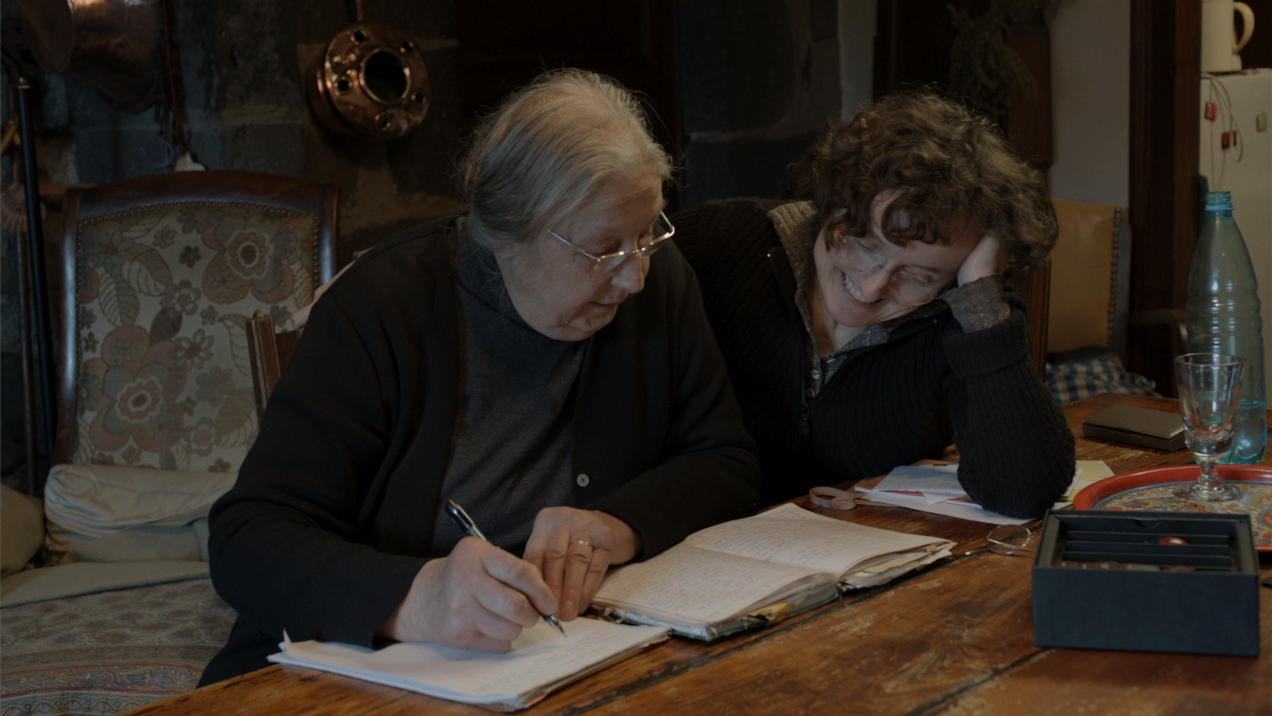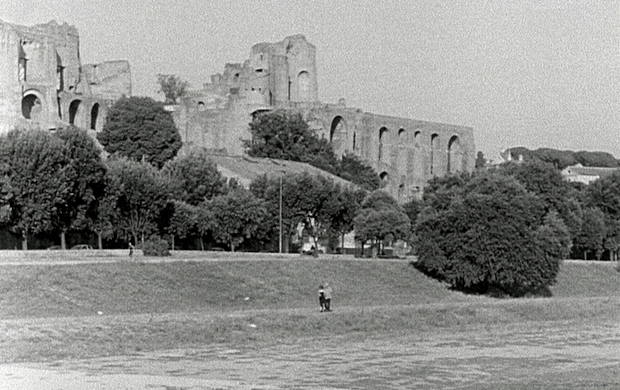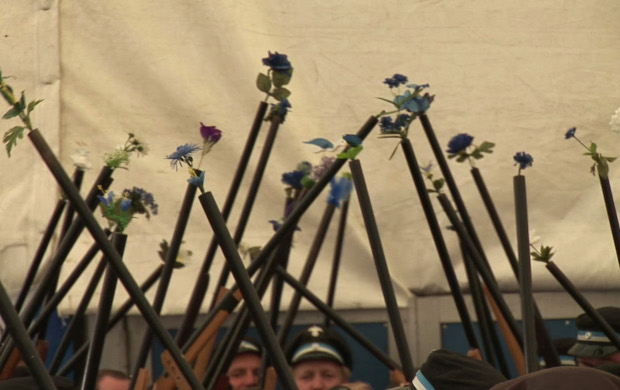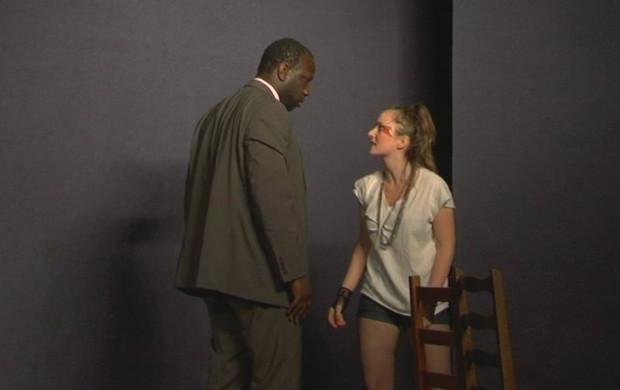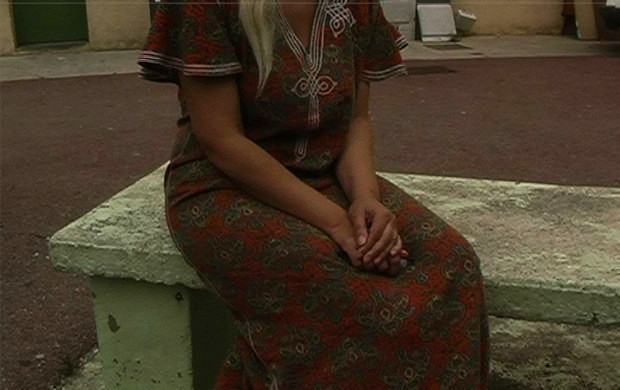Madame Jean
- 2011
- France; Belgium
- 73 minutes
- French
Two women from different generations are talking around a table in an old farm in the Cantal, filmed by a hand-held camera that seems to breathe in time with them. In the room, the shifting light and car noises remind us of an off-camera farming world in perpetual change. Marie-Hélène Lafon is visiting Madame Jean and asking her about her past. They share a farming childhood, a language tinged with regional expressions, recipes from Madame Jean’s notebook, which her visitor has already tasted here. One of the cakes has a name that fits Marie-Hélène: the visitandine. As a writer who recreates in her novels the old woman’s turn-of-century world of childhood, might this visitor have come to rekindle her memories? When Madame Jean mentions “Jacques the Box”, the blind hawker, or her great-uncles of “class 14”, all killed in the war, she includes in a touching “we” ancestors that she knows only by hearsay. As the apples are peeled and, in the narration, as the acreage of the farm belonging to Madame Jean’s parents increases through the purchases of neighbouring plots, the relationship between Marie-Hélène and Madame Jean’s mother creates a slight blur. Who is telling, who is listening? How was it that Madame Jean’s mother chose to tell Marie-Hélène, a young girl at the time, about the Beast of Gévaudan? And what if it was the “savagery that appeared very softly” in “this very reassuring interior” that had sparked off a vocation of writer within these walls?
Charlotte Garson
- Production : ADR Productions
- Editing : Philippe Boucq
- Sound : Marc-Antoine Roudil
- Photography : Benoît Dervaux
- Copy Contact : ADR Productions
